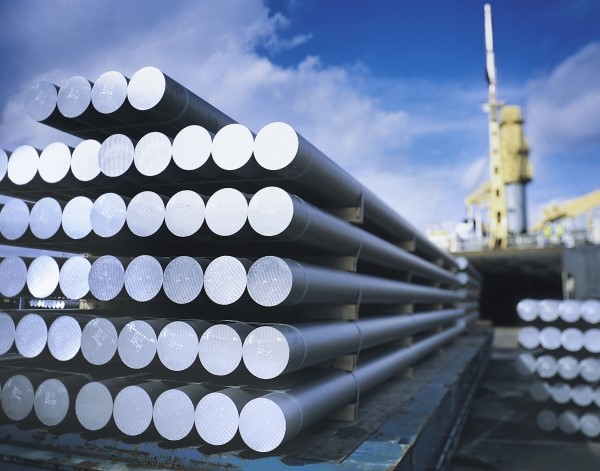The Brazilian aluminium industry is anticipated to depend less on imports and emphasise domestically produced metal in 2023 due to the demand for aluminium and the plans for significant extensive production capacity.

Domestic producers were already raising premiums for deliveries in the first quarter of 2023, anticipating that imports would become less appealing and more challenging to enter the country.
Since May 31, when it rose by 1.94 per cent to $520-530 a tonne, the import premium had stayed the same and kept falling.
A trader trading in the Brazilian metal market said, "Now this is a time to hold back and watch. Duty increases the difficulty of bringing in foreign metals. Still, the new government's firm currency exchange policy can make imports much cheaper and breathe new life into this market."
“However, due to increased scrap demand, Brazil's secondary supply became constrained, forcing more purchasers to turn to imports. In recent months, there has been a battle for scrap here. There need to be more generations to meet the needs of some manufacturers.”
The market for aluminium in Brazil underwent this change as a result of various factors:
- The resumption of the Alumar smelter, which Alcoa and South32 jointly own, remained idle for seven years. It has 447,000 tonnes per year (tpy) installed capacity and began re-energizing its potlines around April 2022. With this development, the installed capacity for primary aluminium in Brazil reached a level not seen since 2014 of around 1.4 million tpy.
- In September 2021, Novelis finished a sizable increase in its rolling aluminium capacity. Subsequently, the firm declared that it will invest in a second expansion, which is anticipated to be finished in the first half of 2024. The projects seek to raise capacity from 580,000 to 750,000 tpy.
- In addition to restarting its No3 smelting line and planning to do so for the No1 line, Companhia Brasileira de Alumnio (CBA) will add secondary billet capacity and increase recycling to 180,000 tpy by 2023. Novelis' Pindamonhangaba facility in the southeast of So Paulo state has increased its recycling capacity from 390,000 to 490,000 tpy.
- Brazil recovers over 55 per cent of its aluminium scrap, which is greater than the average global recovery rate of 28 per cent. However, rising consumption has recently increased imports due to a shortage of domestically produced goods.
According to the industry body representing the Brazilian aluminium sector, "Brazil's rising aluminium consumption has helped to fund these capacity expansions. Metal demand peaked in 2021 and is predicted to have increased by 4.93 per cent to 1.66 million tonnes by 2022."
source https://www.alcircle.com/news/2023-brazils-aluminium-production-to-gain-momentum-imports-anticipated-to-decline-89793

Comments
Post a Comment